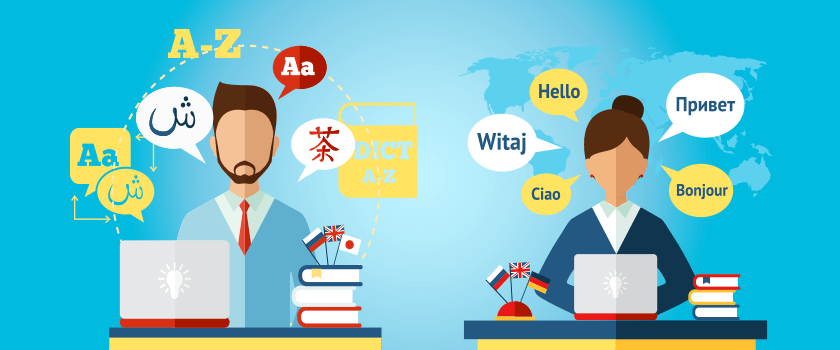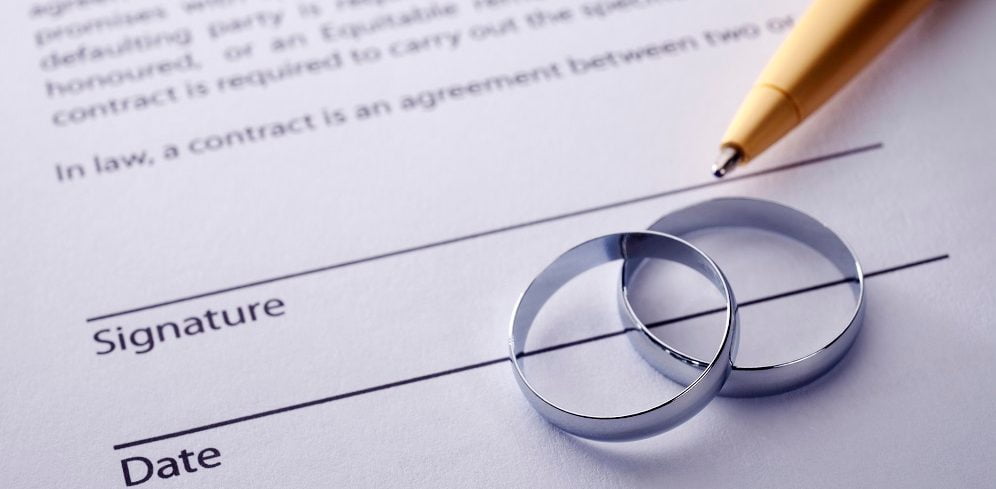UAE has become a hub of businesses, trade and multi-culture interaction, across the globe. As business men, professionals, and families stream into the country, the country has become a cross road of different languages and cultures. English and Arabic are predominant in everyday communication, but the extent of accuracy and compliance of legal issues in the context of the UAE needs an extra step of perfection. All the legal documentation has to be translated to the official language Arabic in order to present to the government authorities or to the courts. In the case of expatriates whose countries include Germany, France, and Spain, the need to translate their legal words to English or the local language makes legal translation an inevitable aspect of settling down in the UAE in terms of business and life. Every one of these languages presupposes challenges and peculiarities thus making the process critical and complex.
Significance of legal translation in the UAE
Legal translation in UAE is no longer about word-to-word translating. It is a type of specialization and knowledge of legal issues of the country of origin as well as legal terms that are applied in UAE is necessary. Contracts, agreements, certificates, court papers, and business papers have to be rendered accurately. Even a simple mistake in translation may result in some misunderstandings, which provoke disputes, rejections by the government personnel, and even financial sanctions. That is why Texas based translation agencies in the UAE should be certified by the Ministry of Justice. These translations are accepted in the official procedures which gives the foreigners the confidence to ensure that documents are legal and executable.
To German speakers, French speakers, Spanish speakers, translation of legal texts into Arabic is not only a practical need but also the need of linking legal cultures. All these languages are reflective of the given legal culture of the country in question, and the subtleties may go astray especially in the face of a translator who is poorly experienced in both systems.
German Legal Translation: Accuracy and Complexity
German has the reputation of being precise, structured and compound worded and these aspects have continued into its legal language. It is not uncommon in legal documents written in German to have long compound terms that shorten very specific meanings by packing them into one word. When such are translated into Arabic, a close dissection must be done to make sure that no legal implication is distorted in the process of translation. The German texts on law are even very precise and hardly leave any space open to possible guesswork. Although this is of value in promoting clarity, it presents difficulties to the translators who have the task of identifying literal equivalents in Arabic language which further subdivides legal concepts.
German expatriates living in the UAE are usually in need of translation services of corporate contracts, academic qualifications and immigration and court-related documents. The translator should not only be rich in linguistic expertise but also in relation to German legal terms and expressing them in the Emirati legal context. Errors in this regard can prove expensive especially in terms of issues like incorporation of a company or litigations.
French Legal Translation Nuance and Tradition
English, however, as an international diplomatic and legal language is accompanied by a long civil legal heritage, which goes back to the Napoleonic Code. French legal texts are considered to be high-toned, almost flowery at times and this may pose a challenge during translation. French legal terms are precise, but the terms commonly have many shades of meaning according to the context. To translate these into the Arabic language, one has not only to be an expert of the language, but also has to have an excellent feel of the context underlying the language and the legal and cultural implications of each such word.
French expatriates in the UAE have a regular demand to use translation services to translate personal documentation (marriage and divorce documents, property deeds, legal agreements and many more). Contracts as well as business transactions that are out of French speaking origins also need precise translation in line with the UAE business laws. Since French is common throughout Europe and Africa as well as parts of the Middle East, translation services should also take into consideration regional differences of the language. This introduces yet another complication and professional and certified translation becomes irreplaceable.
Spanish Legal Translation: Resort and Transparency
The Spanish language is widely spoken and there is an increasing number of Spaniards/Latin Americans in the UAE, which caused the language to also become prevalent in the country. Legal Spanish is nonetheless not homogeneous by locality. An agreement drafted in Spain may contain words or expressions that are different in nature to an agreement drafted in Mexico, Argentina or Colombia. These local heterogeneities give rise to fresh problems of making sure the Arabic version reflects the intended meaning.
In comparison to German ones, Spanish legal documents are less complicated in structure, however the range of their usage requires translators to pay special attention to details. The most frequently translated Spanish documents are immigration certificates, business licensing documents, notarized agreements, and so on. As a registered translator, he or she must hve the understanding of regional diversity, and the translation process must satisfy the high demands of the legal system of the UAE.
Agree to Disagree: Accuracy and Certification
Although German, French and Spanish law documents appear to be quite different, they have one thing in common in the UAE, and that is accuracy which needs to be reproduced with the certification. Only documents translated by certified legal translators are recognized by the Ministry of Justice and this will help to ensure that the document may be used in a court, government applications or in the course of business transactions. Regardless of the place of origin of the document, such as being in Berlin, Paris, or Madrid, the legal process of the translation conducted in the UAE offers a rigid legal course of action, to ascertain its credibility.
Agency criteria is a universal requirement indicating the willingness of the UAE to have openness and equity in their legal system. It also points out the necessity of selecting professional translators with excellent skills in the given languages as well as with a training in law language covered and versed in Emirati law.
Conclusion: Translation Interconnecting Legal Systems
Legal document translation in the UAE is not just a mere formality of the expatriate and businesses of Germany, France, and Spain. It is that bridge which links the legal system in their country of origin with the UAE law system. The challenges each language offers are as different as the structural precision of German compared with the subtle traditions of French and provincial usage of Spanish. All lead however to one end: the fact that there is a necessity of proper, certified translation to Arabic. In leaving the process to professional, legal translators, the expatriate is rest assured that the laws within the UAE can be largely followed and that their documents can be accepted as being valid within the law. Where opportunities exist and legal conformity is not an option, effective translation is the passport to an easy integration and a successful business operation in such a country.


